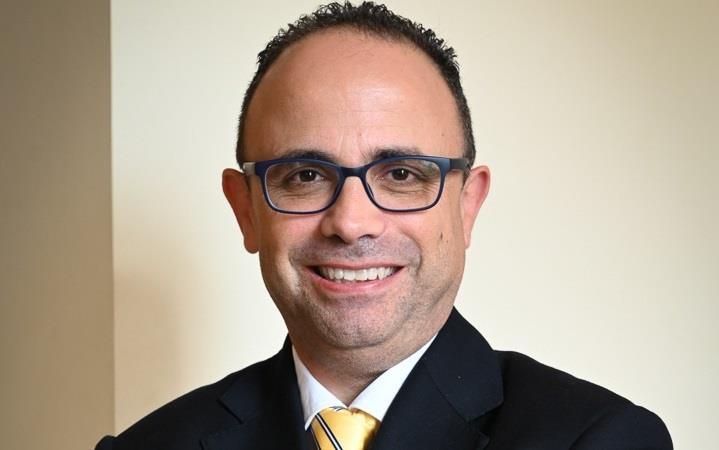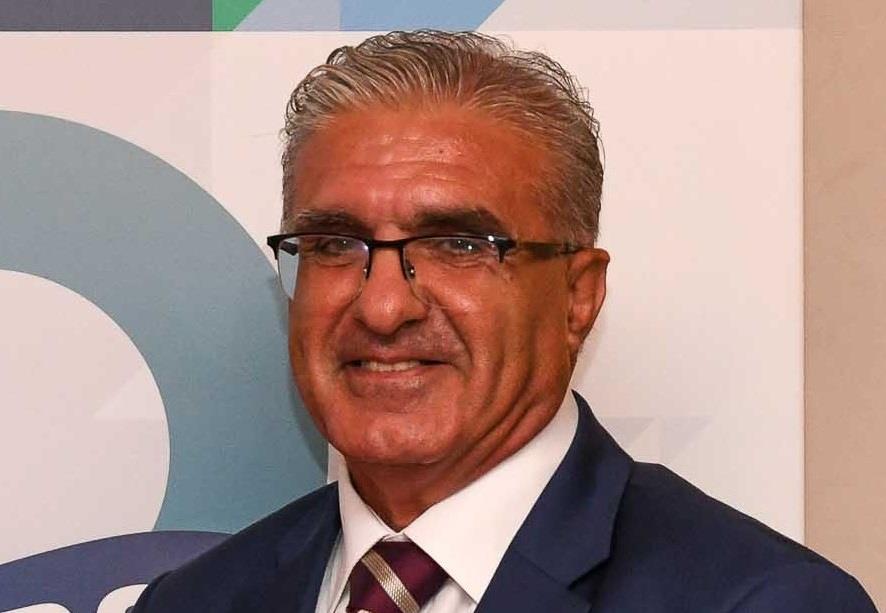If we just talk about financial sustainability, we will not manage to do anything in Gozo, Gozo Business Chamber (GBC) CEO Daniel Borg said on the proposed Xewkija heliport airstrip.
"I believe that if we let the model work, it will prove itself," he said, when speaking to The Malta Independent on Sunday.
The GBC is in favour of the project, which aims to improve accessibility to the sister island. Borg said that the proposed airplane service is “similar to something” which we have already had in the past “with the difference that this time the model is well done”.
He was referring to the helicopter service which was available some years ago, but which was discontinued as it was not commercially viable.
The same reasoning is shared by the Gozo Tourism Association (GTA), as CEO Joe Muscat has said that the association has always been in favour of creating more modes of connectivity between the islands.
He added that with the airstrip tourists will have a more convenient way which facilitates their transfer after they arrive in Malta, by cutting down the usual land and sea 1.5 hours commute to an estimated 12-minute journey by air. Furthermore, tourists will also have the luxury of checking in the luggage in Gozo on their departure, making it easier for them when they get to the airport.
“I believe that this airfield will do justice to the Gozitan tourism industry, in the sense that Gozo has been clamouring for this kind of service since 1968. We are depriving the island from a kind of connectivity which other competing destinations are already benefiting from,” he said.

Borg (above) added that the documents prepared for the airstrip project look promising “and many of the important considerations seem to have also been taken up”.
Not everyone is enthusiastic about the idea, with former Labour Prime Minister and leader Alfred Sant suggesting in his biweekly column with The Malta Independent that the service could be easily provided by “a reasonably-sized helicopter”.
Asked whether this point renders the whole project futile, both said that this is not the case with Borg saying that “the costs needed to operate a helicopter are much more than those needed for an airplane”.
He said the project is sustainable in the sense that government is committed to not introduce additional buildings in the area but is resorting to refurbishing the already available one.
Speaking about the early 2000s helicopter service he said that one policy lesson, which needs to be taken from this previous failed project, is that when there was the involvement of private companies after the Malta Air charter, the service suffered a terrible downfall as the established schedule was not always respected, with the company sometimes deciding to cancel flights. Apart from that he added that with the involvement of private companies, the operations became too expensive to maintain.
Going back to the 1990s Muscat said that the offered helicopter service costed around Lm18 which would be around €43, yet it still managed to carry 50,000 to 70,000 passengers a year. He added that now that the proposed price range is of €25-€35 makes the service very competitive and “I am pretty sure that the tourists will definetely take it up”.
Borg said that in general many of the projects done in Gozo are not sustainable in the beginning but become so “once people start believing in the service, seeing that it operates well”.
The Gozo Regional Development Authority has calculated, through a study, that the project will inject the Gozitan economy by €2.5m a year. When asked whether this is feasible considering this would be coming from direct and indirect sources, Borg said that he feels that this project is going to be successful as it attracts certain niches such as industrial drone testing and air academies.
Sant also said that he believes that the airstrip will lead to agricultural land surrounding the airstrip to be taken up for commercial purposes. He added that these are destined to remain vacant after the project goes bankrupt. In reaction to this both Borg and Muscat said that this is highly unlikely to happen. Borg added that there is a very clear commitment from the government’s side to not increase buildings taking up land from surrounding area.
“The distances in Gozo are so short that you do not really need to have such facilities directly behind your door,” he said.

Muscat (above) said that putting the pandemic aside, Gozo can attract around 200,000 tourists per year.
“We are envisaging that the numbers can increase with this kind of connectivity and we hope that after recovering from the pandemic, the numbers will continue to increase,” he said.
Borg said that one of the problems which Gozo had seen during Covid times is that depending on domestic tourism, although good, is not enough.
“It is important to diversify other things from which the Gozitan economy can benefit; we cannot remain as we currently are, dependent on almost one industry,” he said.
He said that when government invests in Gozo, it is sending a signal to private investors to also take the plunge.
Borg concluded by saying that now is the perfect time for the airstrip project investment to happen as “there are certain small industries which would make sense for Gozo that Malta International Airport cannot handle”. He added that for Gozo any kind of small investment is able to have a great impact on the economy.